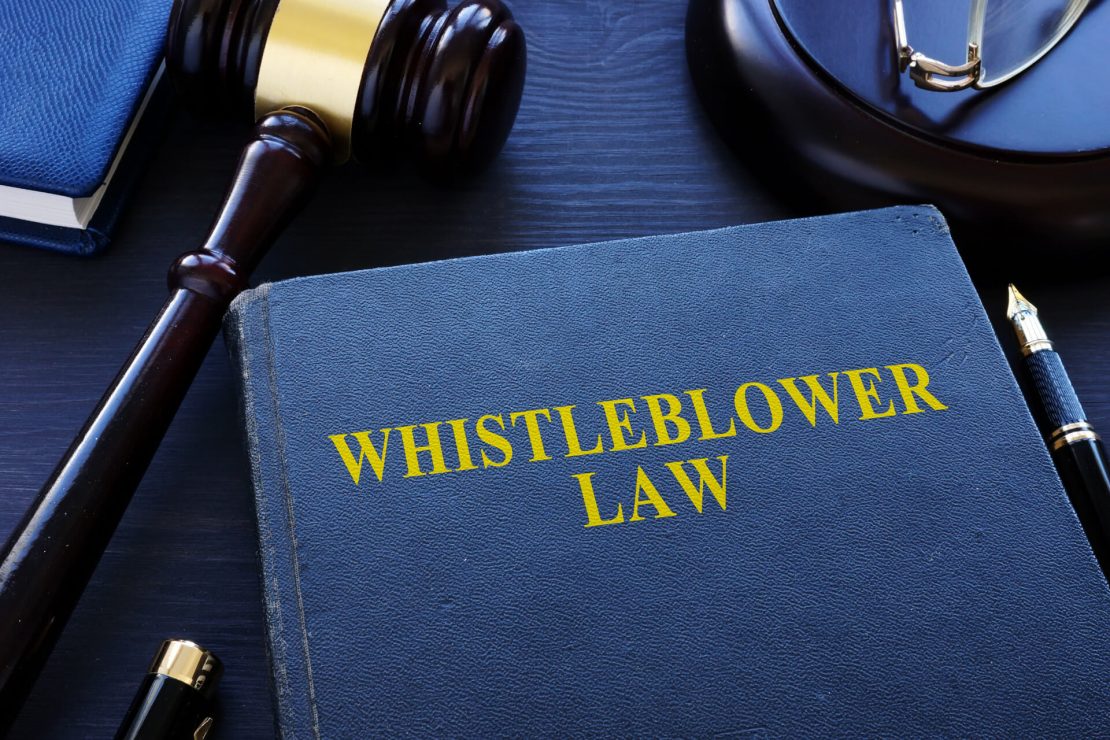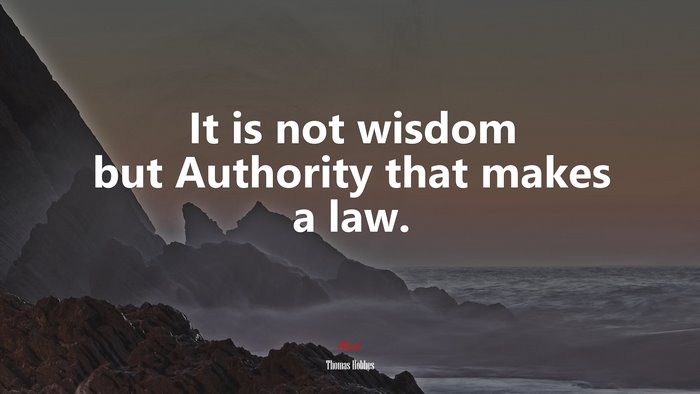Key Takeaways
- Understanding the vital role of whistleblowers in promoting transparency within corporations and government entities.
- The significant impact of whistleblower actions on corporate practices and societal norms.
- Insights into the protections and challenges faced by whistleblowers.
Table of Contents
- Whistleblowing Fundamentals
- Role of Whistleblowers in Corporate Transparency
- Challenges Faced by Whistleblowers
- Legal Protections for Whistleblowers
- Impact on Society and Corporate Culture
- Preparing to Become a Whistleblower
- Conclusion
Whistleblowing Fundamentals
Whistleblowing involves reporting illicit activities, unethical behavior, or other organizational wrongdoings. This practice can occur in both corporate and government settings and is instrumental in uncovering misconduct that might otherwise remain hidden. Whistleblowers typically act to bring about change and foster accountability. They often find themselves in situations where their moral or ethical values compel them to take action, even when facing significant personal and professional risks. To navigate these complexities and ensure their actions are legally protected, whistleblowers need advice from a whistleblower attorney who can provide legal guidance and support. This professional assistance is crucial to safeguard the whistleblower’s rights and help them effectively present their case, ensuring their efforts lead to positive change.
Role of Whistleblowers in Corporate Transparency
Advocates of corporate transparency greatly benefit from the work of whistleblowers. By exposing fraudulent activities, corruption, and other unethical practices, they help maintain the integrity of corporate operations and uphold public trust. This influence extends beyond individual companies, setting industry-wide benchmarks for ethical behavior. When corporations become aware that their actions are scrutinized, they are more likely to adopt transparent practices to avoid the risks associated with scandals and legal actions. Whistleblower revelations can lead to industry-wide changes, encouraging a culture of accountability and honesty. Moreover, the proactive nature of whistleblowing can inspire other employees to come forward, creating an environment where ethical behavior is normalized and celebrated rather than punished or ignored.
Challenges Faced by Whistleblowers
Despite their critical role, whistleblowers often face significant obstacles, including retaliation, job loss, and legal battles. Navigating these challenges requires resilience and a clear understanding of one’s rights and protections. The psychological strain and potential social ostracism should also not be overlooked, emphasizing the need for robust support systems for whistleblowers. Retaliation can take many forms, from subtle shifts in workplace dynamics to blatant acts such as termination or legal reprisals. Whistleblowers might also face financial difficulties if they lose their jobs as a result of their actions. Therefore, potential whistleblowers must prepare for these challenges by securing legal and emotional support, ensuring they can confidently proceed. Adequate preparation can help mitigate these risks and empower whistleblowers to act decisively while safeguarding their well-being. Building a support network, including trusted colleagues and legal advisors, can provide the necessary backing for whistleblowers to stand by their convictions.
Legal Protections for Whistleblowers
Various laws and regulations aim to safeguard whistleblowers from retaliation. For instance, the Sarbanes-Oxley Act provides protections for those reporting corporate fraud. Additionally, resources like the SEC Whistleblower Program offer safe and confidential reporting avenues. These legal frameworks are designed to encourage more individuals to come forward, knowing they have legal backing. Governments and agencies worldwide recognize the value of whistleblowers and have implemented measures to protect them, including financial incentives and robust legal shields. Understanding these protections is essential for anyone considering blowing the whistle, as it equips them with the knowledge needed to navigate the complexities of their situation effectively. By familiarizing themselves with these legal provisions, whistleblowers can protect their rights and ensure their disclosures lead to positive change without compromising their safety and careers. Whistleblowers can stay within the bounds of the law and still have a significant influence by keeping up with the most recent rules and getting ongoing legal guidance.
Impact on Society and Corporate Culture
The actions of whistleblowers lead to greater transparency and ethical practices within corporations. This fosters a culture of accountability, encouraging other employees to speak out against wrongdoings and promoting a more ethical business environment overall. The systemic changes driven by whistleblowers can profoundly impact corporate culture, leading to more socially responsible business practices. Legislative changes may result from these activities, emphasizing the value of moral behavior at all organizational levels. Companies that embrace transparency and accountability often see improved consumer trust and long-term success, further highlighting the positive impact of whistleblower-driven reforms. Furthermore, the societal implications of whistleblowing extend beyond the corporate realm, influencing public perceptions of integrity and accountability and catalyzing broader movements toward justice and fairness in various sectors. Whistleblowers’ examples are potent reminders that integrity and courage can drive substantial positive change, fostering an environment where ethical behavior is the norm rather than the exception.
Preparing to Become a Whistleblower
To successfully navigate the complexities of the reporting process, prospective whistleblowers should gather credible evidence, understand their legal rights, and seek legal advice. Building a thorough case can significantly bolster the chances of successful disclosure. It’s also crucial to remain discreet during the initial stages to avoid premature exposure that can lead to retaliation. A well-thought-out plan and a support network can make the process more manageable. Legal experts can advise on the best way to collect and present evidence, ensuring that the disclosure is as adequate and protected as possible. This preparation is vital in maintaining the whistleblower’s credibility and legal and professional safeguarding. Additionally, internal company policies and external whistleblower programs can serve as valuable resources, offering guidance and support to individuals considering disclosure. Understanding the procedural steps involved and knowing where to turn for support can simplify the process and increase the likelihood of a successful and impactful outcome.
Conclusion
In conclusion, whistleblowers are pivotal to fostering transparency and accountability in both corporate and governmental institutions. Their actions bring wrongdoings to light and drive systemic changes that benefit society at large. Aspiring whistleblowers should prepare meticulously and leverage available legal protections to ensure their actions lead to positive outcomes. Doing so creates an environment where ethical practices are the norm and accountability is a given, ultimately leading to a more transparent and fair society. The courage and integrity demonstrated by whistleblowers set an example for others, encouraging a culture of honesty and responsibility that transcends individual organizations and positively impacts the broader global community. Embracing the principles of transparency and accountability benefits everyone, fostering a world where ethical behavior is not just expected but celebrated and rewarded.
For more great updates keep visiting yellowsstone.



